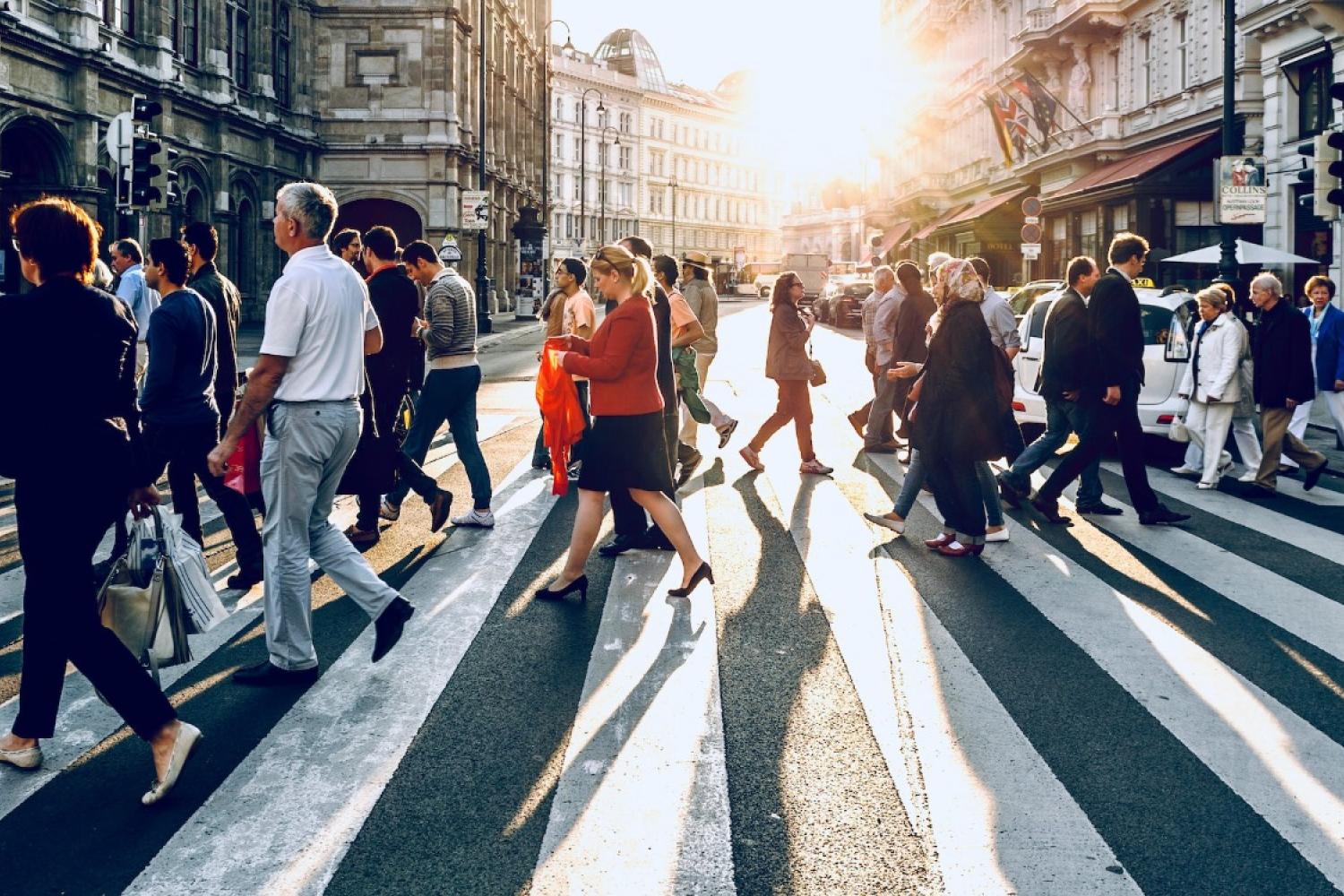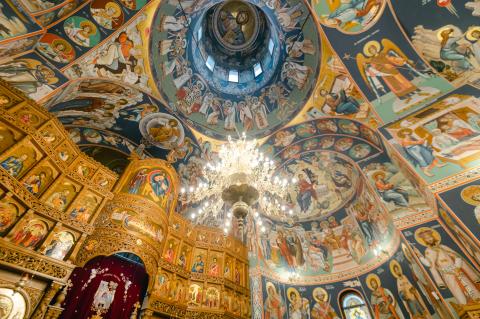
The early days of the COVID pandemic, when millions across the world endured weeks and even months of lockdowns unprecedented for their scope and intensity, can sometimes seem like a far distant memory.
For these journalists, though, those days are just distant enough for us to start drawing some conclusions, in case there should be a “next time.” Did the lockdowns work?
Their title gives an emphatic answer: “COVID lockdowns were a giant experiment. It was a failure.” Their reasons for saying so, though, are worth pausing over: while national leaders ultimately trusted the insights of computer models showing that social distancing would work, what those models “couldn’t possibly anticipate” was “the complexity of human behavior.” They couldn’t predict the consequences months of isolation would have for a spike in the overall death rate, due in part to an uptick in alcohol and drug abuse and the postponement of critical surgeries. They couldn’t foresee the social and educational costs weeks to years away from school would have for children. And they couldn’t calculate the economic trauma that would arise out of the widespread closure of small businesses and the psychological obstacles stemming from a disrupted workflow.
It's a point suggestive of a deeper one. In a time of rapid technological advancement, when something like lockdowns are not just desirable but plausible, the pandemic offers a haunting example of the ways modern governments are increasingly tempted to centralize and ramp up efforts to control human behavior, in the belief that in doing so, they can make the world a better place. But human beings, fundamentally, are free – not simply according to the ideals of modern democracy, but as moral, decision-making agents. To attempt to circumvent that freedom, which is at the very heart of “the complexity of human behavior,” is not to avoid it but simply to fail to account for it. It is to mistake the very nature of the world one is hoping to improve, in a way that risks doing more harm than good.
More than an invitation for a game of political “I told you so,” though, such a point encourages us to resist the same temptation to control for ourselves. In our own spheres of influence, we are called to stay awake to the ways social and cultural patterns tempt us to diminish the moral agency at the heart of our humanity. We’re called to help one another to recognize the good and to want it, but not to be forced into it. And we’re called to keep our minds and wills ready to choose rightly and unreservedly – to love our brothers and sisters, in true freedom.
A new documentary, Libres (Free), offers a glimpse into the lives of monks and nuns, exploring the question of why Christians would choose to enter into the mysteries (and walls) of monastic life.
The U.S. Catholic bishops have issued a statement to the Biden administration, arguing that newly proposed guidance concerning sex-based harassment in the workplace is unconstitutional in its attempts to ban speech opposing abortion and limit the expression of certain views on contraception, sexual morality, and identity.
Today, the Feast of All Souls, is a day in which Catholics pray for the dead. This brings forth a common question: Why do Catholics pray for the dead in the first place?
For many Christian pilgrims to Jerusalem, receiving a tattoo from Razzouk Tattoo is an essential itinerary item. Why, and from where did this practice arise?


